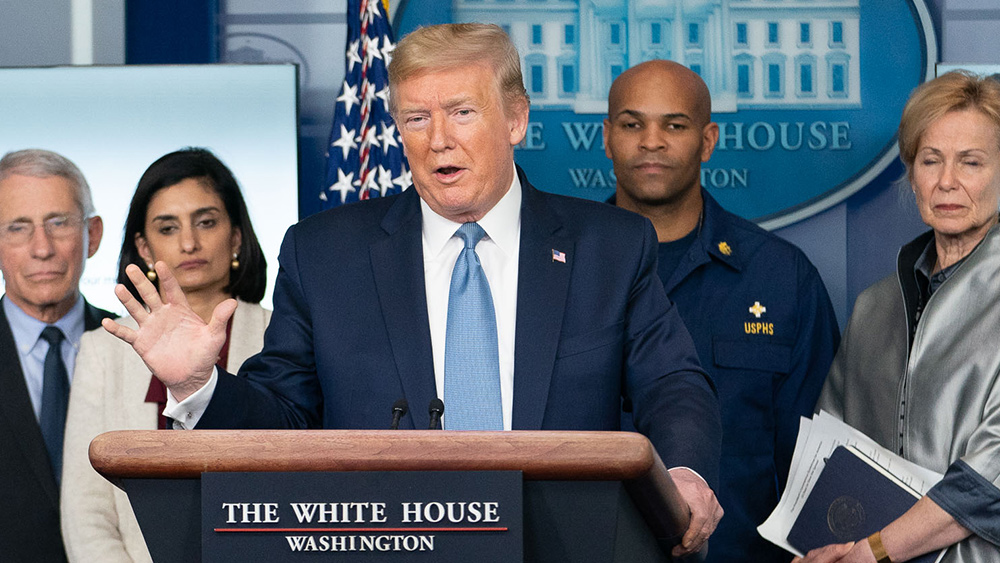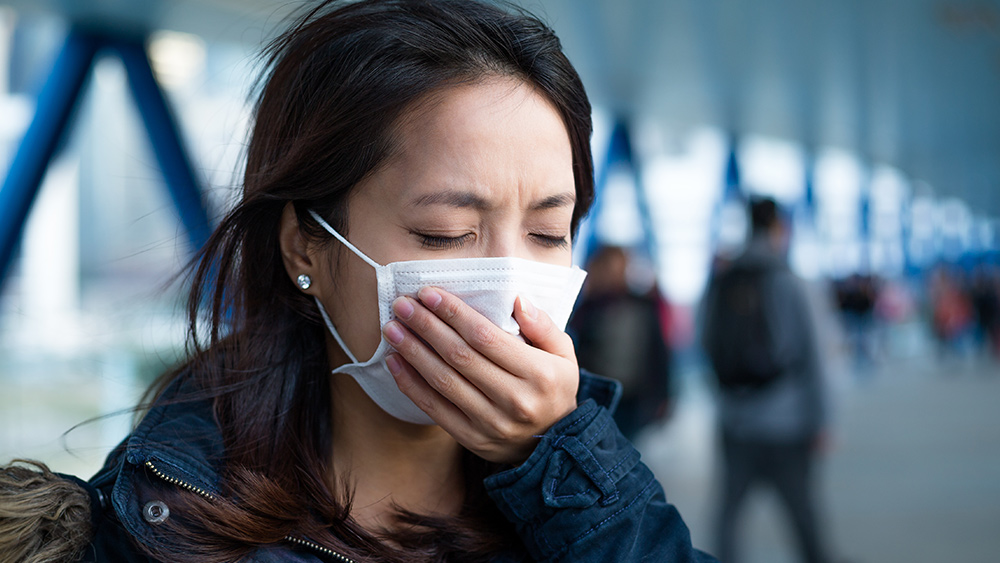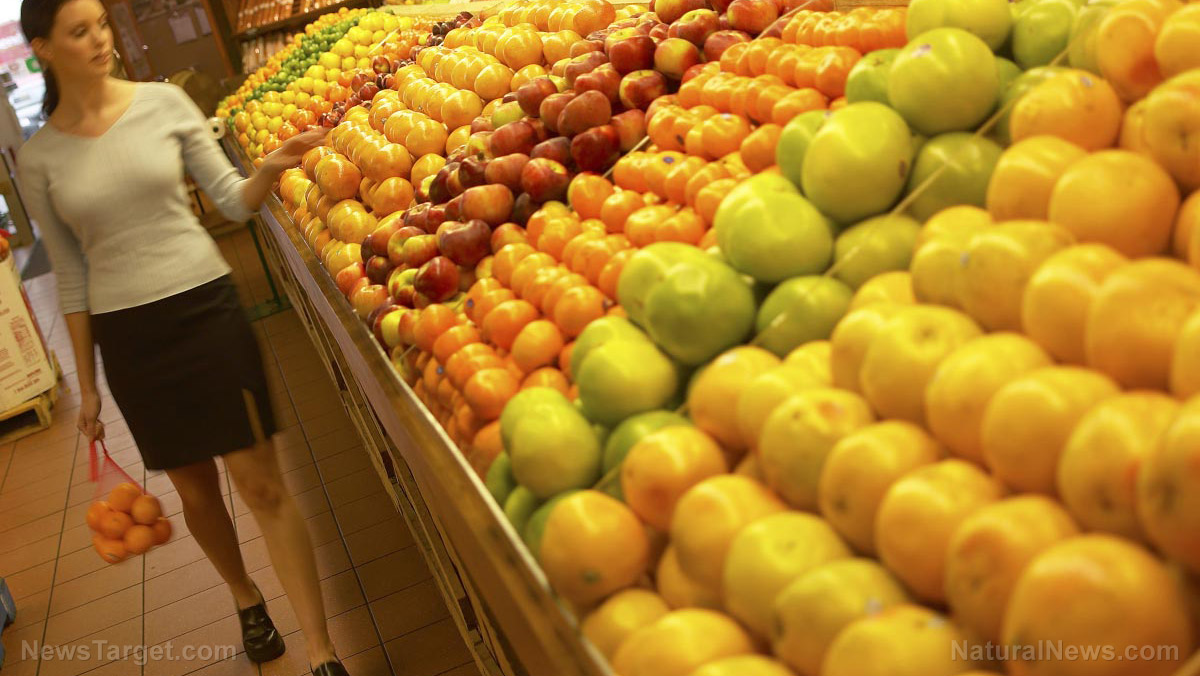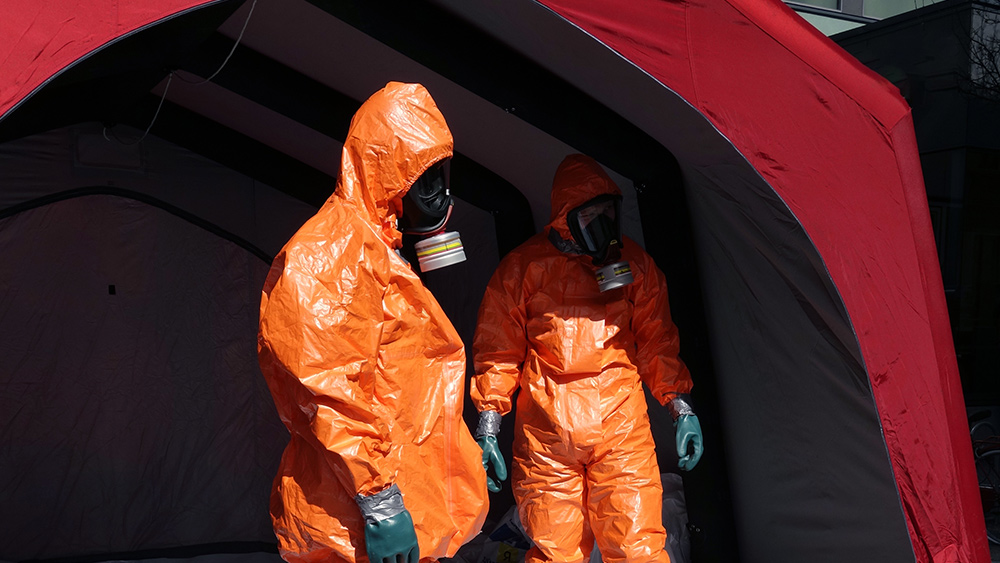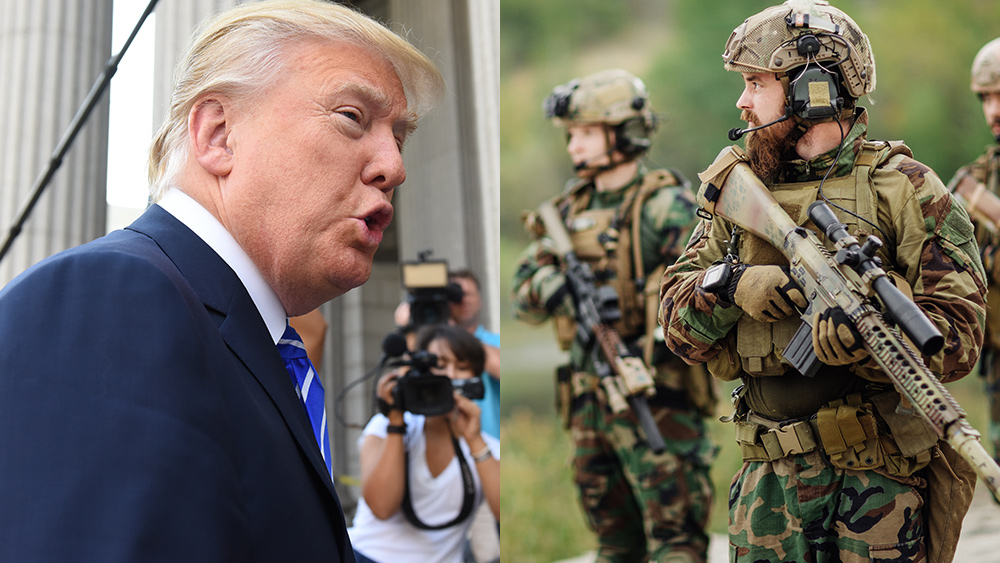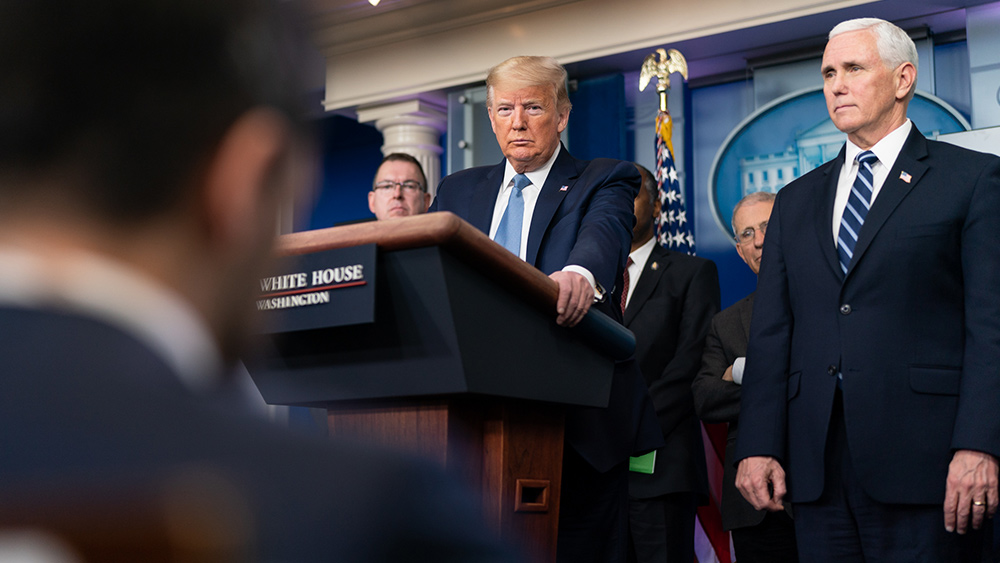South Africa goes into lockdown as the country struggles against coronavirus
03/29/2020 / By Darnel Fernandez
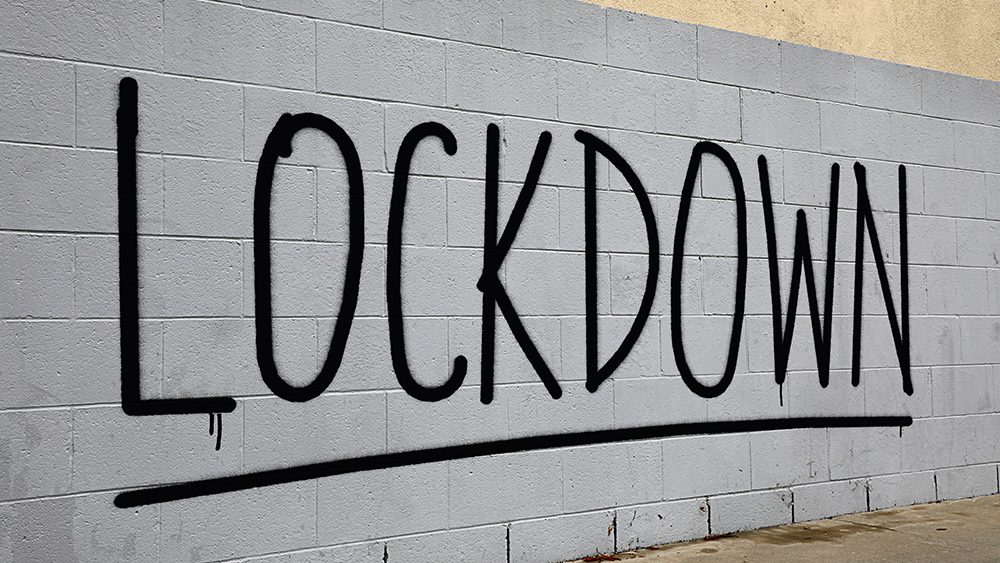
South Africa began a nationwide military-patrolled lockdown on Friday, joining the growing number of African countries that have implemented stringent measures to prevent further spread of the coronavirus – a global pandemic currently taking the world by storm.
During the three-week total lockdown, there will be no loitering around the streets, jogging or even alcohol sales all across the country as government officials ordered most of the 59 million people in the population to stay at home.
The New York Times reported that this lockdown occurred after a sudden influx of confirmed coronavirus cases across the nation’s nine regions. South Africa – considered to be Africa’s most industrialized nation – is now the epicenter of the outbreak on the continent, surpassing Egypt with more than 1,000 confirmed cases. according to the country’s National Institute of Communicable Diseases (NICD).
When we report the latest confirmed COVID-19 cases, which increased from yesterday's number and tipped the 1000 mark, we will provide further information. #21daysLockdownSA #COVID19SouthAfrica
— NICD (@nicd_sa) March 27, 2020
While the number of cases in Africa is far lower than the number reported in the United States, Europe and the Middle East, experts claim that the poorest continent in the world is especially vulnerable to this pandemic and is likely to see many more cases in the near future. (Related: Coronavirus would have killed 40 million if the world didn’t go on lockdown, say experts.)
A report by Yahoo News claimed that South African President Cyril Ramaphosa saw off droves of soldiers before they deployed from a military base in the Soweto township just outside the country’s largest city, Johannesburg. These troops were tasked to enforce the lockdown to lessen the impact of the pandemic.
“I send you out to go and defend our people against coronavirus,” Ramaphosa said. “This is unprecedented, not only in our democracy but also in the history of our country, that we will have a lockdown for 21 days to go out and wage war against an invisible enemy coronavirus.”
As of this writing, the Africa Centers for Disease Control and Prevention (CDC) reported a total of 3,426 positive cases across 46 African states. Besides South Africa and Egypt — the two nations hit the hardest by the virus — the countries of Morocco, Tunisia, Algeria, Ghana, Senegal and Burkina Faso have also reported more than a hundred cases in their borders, most of which were imported by visitors from Europe.
South Africa struggles with lockdown
South Africa’s efforts to prevent the spread of coronavirus has not been as successful as previously thought as the streets and supermarkets continue to be populated by panicked civilians looking to resupply any essentials they need.
Many South Africans have been ignoring the lockdown protocols established by the country’s officials. BBC reported that they observed heavy traffic on the main roads leading out of Johannesburg despite the government’s call to refrain from going on long journeys. Furthermore, thousands of people flocked to bus stations aiming to escape the congested capital to stay with their families in rural areas. However, this only raised fears that they could carry the virus with them to their older relatives who are retired on their farms and in small villages.
In the township of Alexandra, located close to Johannesburg’s financial district, a group of men were openly drinking out in public before being asked by police to follow lockdown protocol. The police also ordered all the supermarkets to close down, according to a report by Reuters.
“How can you stay home without food? The reason we are here is because we are hungry. We are here to get groceries so we can be able to stay indoors, you can’t stay indoors without food,” said Linda Songelwa, an Alexandra resident.
On Friday, South Africa recorded its first coronavirus-related deaths. According to the country’s health minister, both deaths occurred in the southern province of Western Cape, home to the city of Cape Town.
“This morning, we South Africans wake up with sad news that we now have our first deaths resulting from Covid-19,” the health ministry said in a statement.
Sources include:
Tagged Under: China, coronavirus, covid-19, Flu, infections, lockdown, outbreak, pandemic, prevention, quarantine, South Africa, superbugs, virus

